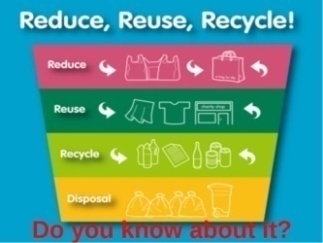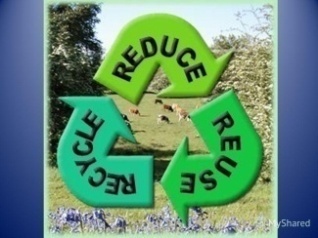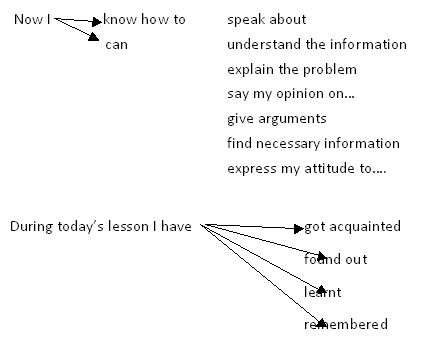Урок разработан к учебнику 10 класса Английский в фокусе, авторы О.В.Афанасьева, Дж.Дули, И.В.Михеева и др. Тема урока: “Экологические проблемы”. Урок направлен на развитие коммуникативных умений и навыков, развитие навыков аудирования. На уроке учащимся представляется возможность обсудить проблемы окружающей среды, способы их решения, выработать правила бережного отношения к природе.
План урока
Цель урока: Формирование основных языковых компетенций на уроке английского языка
Задачи:
Образовательные
- научить учащихся использовать изученную лексику по теме “Экология” и отработать ее употребление в речи, при ответах на вопросы, аудировании, работе с текстом.
- познакомить учащихся с проблемами экологии и путями их решения.
Развивающие
- создать условия для развития памяти, умения правильно обобщать данные и делать выводы
- формировать умения правильно и связанно переводить текст, понимать текст на слух.
- развивать внимание и восприятие.
Воспитательные
- способствовать воспитанию бережливости и экономии
- способствовать воспитанию бережного отношения к окружающей природе.
- научить учащихся работать в паре, группе, слушать друг друга.
Тип урока: Урок комплексного применения знаний с использованием электронно-образовательных ресурсов. (комбинированный)
УУД:
Личностные:
- формирование познавательных мотивов обучающихся
- развитие мысленного воспроизведения ситуации
Регулятивные:
- владение навыками самоконтроля и самооценки своей деятельности
Коммуникативные:
- продуктивное взаимодействие обучающихся в решении поставленной задачи
- участие в небольших устных высказываниях
Познавательные:
- высказывание предположений, обсуждение проблемных вопросов.
Форма урока: урок решения практических задач
Форма работ: фронтальная, индивидуальная, групповая
Оборудование:
- учебник 10 класс Английский в фокусе. Авторы: О.В. Афанасьева, И.В. Михеева, Дж. Дули и др. М.:Express Publishing: Просвещение, 2008.
- мультимедийный проектор для просмотра слайдов
- компьютер для проведения аудирования
- карточки для аудирования, карточки со словами на русском язык
- презентация
| Этап урока | Содержание этапа урока | Слайды и изображения |
| 1. Организационный момент | Good morning. Glad to see you. Sit down. How are you today? | 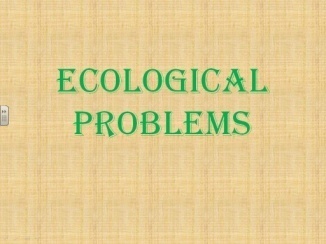 |
| 2. Постановка цели урока | Look at these pictures and try to guess what we are going to speak about. P1: water pollution P2: ecological problems P3: environment |
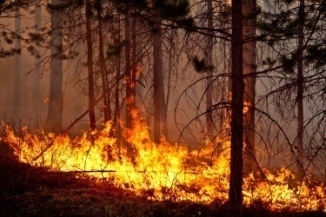 |
| 3. Работа с лексикой по теме | You’re right. So, today we are going to speak about ecological and environmental problems and the ways of helping our planet. On your desks you see cards with Russian words on ecology. Translate the words into Russian. (В каждой группе 4 ученика) | Приложение 1. (карточки со словами) |
| 4. Аудирование | Now let’s listen to some texts about ecological problems.(У каждого ученика карточка с заданием по аудированию) You’ll hear six texts. Your task is to find the correct answer to each statement. One statement is extra. You’ll hear the texts twice. Be very careful.Are you ready? (Учащиеся прослушивают тексты). Now I’ll give you the correct answers and you’ll check the answers of your partner and give marks to him. One point is for each correct answer. Thank you for your job. (Учитель собирает карточки). | Приложение 2. (тексты для прослушивания) |
| 5. Работа с текстом. Задание на восстановление в тексте пропущенных слов. | We can’t deny that there are a lot of environmental problems in our world. It’s a global problem. We’ve already mentioned different forms of pollution, endangered animals, global warming. These problems exist in all countries. Now look at the screen. You see a text, some words are omitted. You are to fill in the gaps with the correct word. | 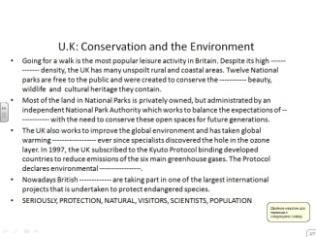 |
| 6. Работа с текстом. Чтение и перевод текста. | We’ve spoken a lot about ecological problems and I’d like you to tell
about the ways of solutions of these problems. At home you were to read and translate the
text at page 64. But before we start reading the text look at the picture. Here you can
see 3Rs: 1R – reduce, 2R – reuse, 3R- recycle. T: What can we reuse? P1: Plastic bags and bottles P2: Old newspapers T: How can we reduce using natural resources? P1: We must switch off the light when we leave the room and use energy saving light bulbs. P2: We should turn down the heating and shorter showers. T: How can we reuse things? P1: We can swap magazines, books and clothes and give the old ones to someone who needs them. T: Now let’s read and translate the text. (Учащиеся читают и переводят текст) T: Good job. I’d like to listen to your ideas of helping our planet. What can we do to solve the problem? You can use the ideas from the text as well as yours. |
|
| 7. Монологические высказывания. Развитие навыка устной речи | P1: We can help protect the environment by practicing
3Rs: reduce, reuse, recycle. First of all, we can reuse some things before we throw them
away. For example, from old jeans we can make new shorts or give them to someone who needs
them. We shouldn’t throw away empty jars and bottles as we can use them for storing
other things. P2: I’d like to add that we must always switch off the lights when we leave an empty room. We must try to cut down the amount of paper we use. If you use a computer always proofread your writing on the screen before you print it out. Use both sides of the paper and then recycle it. You know, that telephone calls and email messages don’t create paper waste. P3: I advise to buy things with simple packaging that can easily be recycled. If you prepare a packed lunch to eat at school, take a sandwich in a reusable lunchbox, juice in a reusable bottle. To help the environment we can swap magazines, books and clothes with friends. |
|
| 8. Подведение итогов | T: I hope all advice is useful and we can follow it in
our life. Our lesson is coming to an end and I’d like you to answer my question. Can we
live in a better, cleaner, safer world? P1: I think we can. All of us can do three Rs, we can reuse old things, reuse the amount of water. P2: We can do other things to help our planet: plant trees and flowers, help animals, don’t litter in the streets. P3: People must think of future generations and take care of nature. I’m sure we’ll be able to save our planet. |
|
| 9. Домашнее задание. Выставление оценок | Now I’d like to thank you for the lesson. You were very active and hard-working and I give you excellent marks. It’s time to write your home task. Please design a simple quiz to find out how good someone is at reducing, recycling and reusing things. Use ideas from the text as well as your own ideas. | |
| 10. Рефлексия деятельности | Now, I’d like you to tell me what new things you’ve learnt today. P1: Today I’ve learnt many simple ways to help our planet in everyday life. I mean 3Rs. I will use them in my life. P2: Now I know about the use of energy saving practices. P3: I understand the importance of the ecological problems and try to do everything possible to solve them/ |
|
| 11. Заключительныйэтап | The lesson is over. Good bye. |
Литература:
- ЕГЭ Английский язык 2017 под редакцией М.В. Вербицкой, издательство Национальное образование, Москва 2017. Аудирование (вариант №12)
- ЕГЭ Английский язык. Сборник упражнений, издательство Просвещение 2009
- Книга для учителя. Английский в фокусе. 10 класс. О.В. Афанасьева, Дж. Дули, И.В. Михеева и др. М.: 2008
